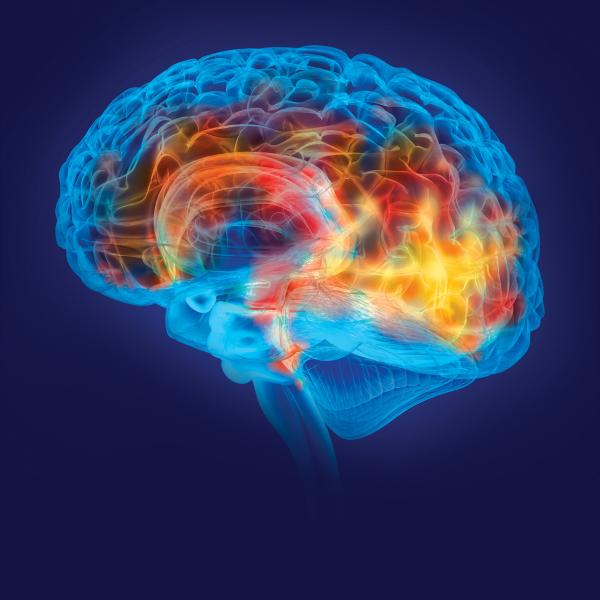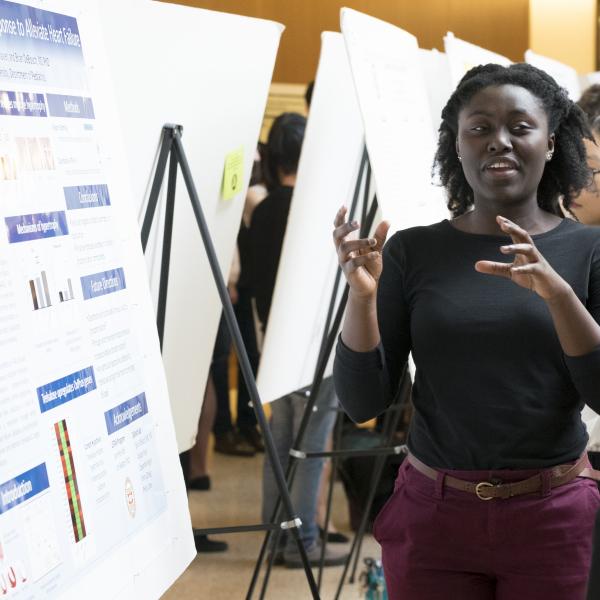WashU's Early Emotional Development Program (EEDP) has several ongoing, grant-funded studies. Research Assistants (RAs) may have the opportunity to assist with two new studies. One study is examining how the development of a characteristic of ‘over-control’ in 5- to 6-year-old children relates to their social relationships, moods, behaviors and symptoms of anxiety. After thorough training, RAs administer child assessments, such as the KBIT, and assist with EEGs. Additionally, a new study examines physical activity and mental health in children; RAs assist with EEGs for children ages 3-5.
With these studies, research assistants gain hands-on experience using state of the art assessment techniques, are exposed to current trends in diagnostic assessment, and become familiar with diagnostic criteria for mental disorders in young children. Students will gain understanding of the logistics of conducting research and with the administration of study protocols in a research setting.
Research assistants have a very important role in the lab. Students’ responsibilities include assisting in the collection, coding, and entry of data obtained from parent and child assessments. Students have various administrative duties such as organizing research-related materials, assisting in the quarterly newsletter, and obtaining the most current published data. Students also take an active role interacting with subjects during assessments, and occasionally when assisting with childcare. RAs should be comfortable engaging with children and parents, and learning the skills needed to work directly with subjects.
Research Assistants must have completed Psych 100B, and must complete 6 units of 300-level psychology courses or discuss course experience. Research Assistants should have an interest in clinical or developmental psychology. Previous experience in a research lab or working with children is not required, but EEDP is looking for a driven, self-motivated individual who is able to take on new assignments in stride and is comfortable working with children. Because of the extensive training required to work with this unique study sample, we ask students to make a minimum 2-semester commitment to the lab. Learning our procedures is time consuming and students often take much of the first semester simply learning the procedures in the lab. Students are given more responsibility and have the opportunity to learn new skills and work directly with the study sample during their second semester. This research course requires a 3 credit commitment, 10 hours per week, to be completed Monday-Friday during normal business hours (8:30 AM – 5:00 PM).
To learn more, contact Teresa Perryman at tperryman@wustl.edu.




